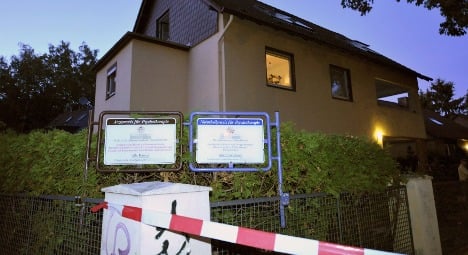The doctor, who was arrested at the scene on Saturday evening, is accused of two counts of bodily harm with fatal consequences and six counts of dangerous bodily harm after he gave 12 patients a deadly cocktail, police said.
According to public prosecutors, the doctor has admitted to distributing the drugs at his office in Berlin’s Hermsdorf neighbourhood.
A 59-year-old man died on the scene and a 28-year-old man died later Saturday evening in hospital after falling into a coma. A third man remained in a coma. The other patients were released Saturday evening.
Media reports said the drug cocktail may have included a mixture of heroin, amphetamines and Ecstasy. There was no word as to whether the deadly combination was injected or offered in tablet form.
A sign in front of the doctor’s office offered special psychiatric treatments including psychoactive substances. These reportedly included LSD and psychedelic mushrooms, which are illegal in Germany.



 Please whitelist us to continue reading.
Please whitelist us to continue reading.
Member comments